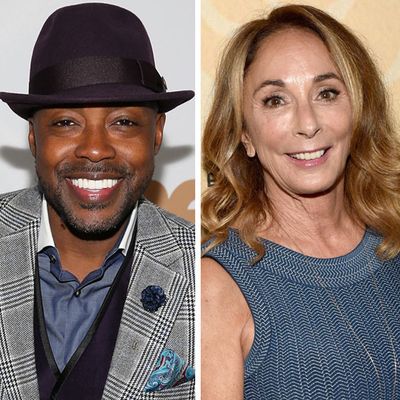
As part of our ongoing investigation into how movies are written now, Vulture talked to some of Hollywood’s most powerful executives and producers about what exactly they’re looking for in a script in 2017. Below, find out what drives these gatekeepers nuts, why they do (or don’t) care about spelling and grammar, why page length matters, how Trump has changed their tastes, and what goes into the oft-forgotten art of saying “no.”
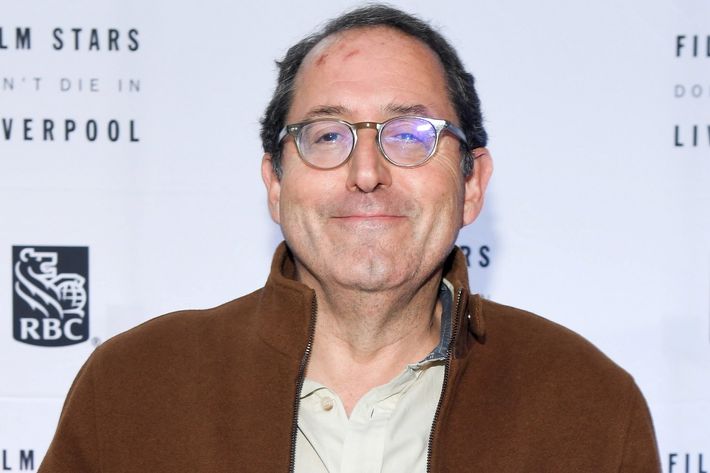
Gatekeeper: Michael Barker
Title: Co-President, Sony Pictures Classics
Notable Credits: Crouching Tiger Hidden Dragon, All About My Mother, Midnight in Paris
Scripts that are most interesting to me right now: “I ask myself, ‘Will these characters and this story stand the test of time?’ and ‘Is this a resonant story at this moment in the world?’ I tend to look for something fresh that surprises me. When [Sony Classics co-president] Tom [Bernard] and I first read Pedro Almódovar’s Talk to Her, at one point in the script it says, ‘Film goes to dark; a tiny man is climbing a naked giant woman and jumps into her vagina.’ We went, ‘What???’”
The most annoying trend in screenwriting: “American screenplays tend to be very long in a way that’s really irritating. Screenplays we get from European writers like Michael Haneke are generally shorter. Scripts are also irritating when, if after 15 or 20 pages, you’re still like, ‘What is this? What’s going on?’”
I’m most turned off by: “Horror movies. But I’m a sucker for Westerns.”
The best first drafts I’ve ever read: “David Mamet’s were always spectacular. For Woody Allen’s movies, we never read the scripts. His movies are based on very little knowledge on our part; we throw fate to the wind.”
The budget of a movie is: “Always on our minds. We often say, ‘Holy mackerel, there’s no way we can make this,’ because nowadays, we only invest in the screenplay about a third of the time. Nora Ephron once told us she wanted to do an indie and sent us a screenplay, but there was no way it could be made low-budget. She didn’t understand that part of the business, because she had only made big movies.”
What I look for in an ending: “I have seen so many films that, if they don’t send the audience off on a high note, or have the right punctuation at the end, it really hurts the word-of-mouth. A good ending is vital.”
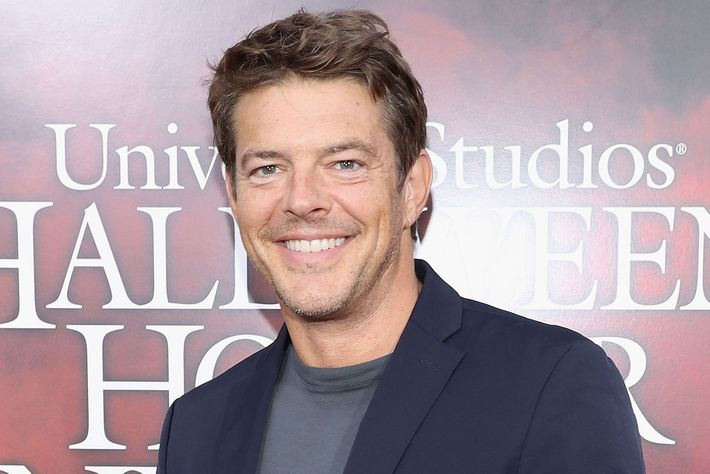
Gatekeeper: Jason Blum
Title: Producer, Blumhouse Productions
Notable Credits: Paranormal Activity, Whiplash, Get Out
The most annoying trend in screenwriting: “Self-referential comedies whose characters comment on what’s going on in the movie; it’s a cutesy style of writing that winks to the audience, ‘We’re in on the joke!’ It used to be funny in early 2000 Will Ferrell movies — he could pull it off. But it’s overdone now. Also, scripts that have characters talking about movies is my pet peeve. Quentin Tarantino can get away with it, but it totally pulls you out of the movie. It’s like reminding the audience that they are sitting in a theater. It’s the screenwriter’s job is to make the audience forget that.”
Should a script follow a traditional format? “Not at all. Almost everything we’ve done, starting with Paranormal Activity, breaks the mold. That was an 80-minute movie with a 45-minute first act, and the first big scare happens over halfway through. In tentpole movies, it’s too risky to break the three-act structure. But almost every movie we do challenges the notion that there’s a formula to screenwriting.”
The best first draft I’ve ever read was: “Sinister. It didn’t change very much. And neither did Get Out.”
Scripts based on preexisting source material make me feel: “Very mixed. Obviously the most successful movies of this summer were superhero movies. As much as people are disdainful of these, it’s what audiences are showing up to see. If I were making $100 million movies, I’d be doing the same thing. I do think rebooting horror-movie franchises is a more forgiving thing than, say, resurrecting a preexisting comedy. Horror relies on concept. Comedy relies much more on the actors and the comedians.”
My go-to way of telling someone I don’t like his or her script: “I have strong feelings about this, because I’m often on the receiving side of passes [laughs]. But I have two rules: Respond quickly and chalk it up to personal taste. If you say you personally don’t like something, no one can argue with that. Sadly, most of Hollywood doesn’t pass like this and it drives me bananas.”
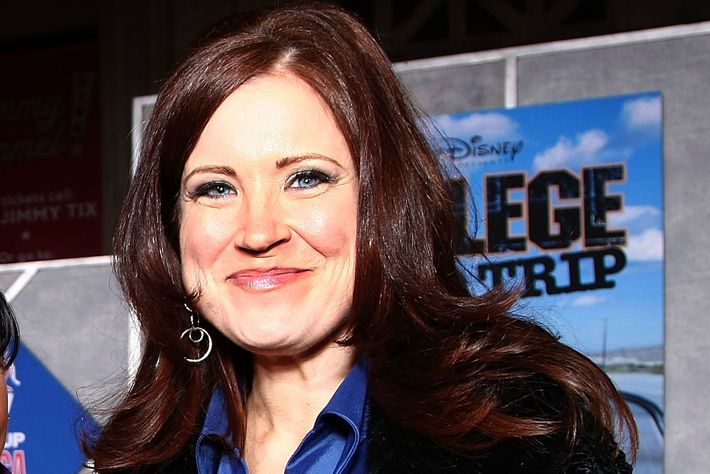
Gatekeeper: Kristin Burr (right)
Title: Producer, Burr! Productions; former executive VP of production for live-action film at Disney
Notable Credits: Sweet Home Alabama, The Proposal, The Muppets
The stories I most want to tell right now: “Are heartfelt, sincere, and hopeful. The world can feel bleak sometimes, so I want you to feel better walking out of the theater than you did walking in.”
The most annoying trend in screenwriting: “Violence for violence’s sake. I appreciate the craft that goes into action and fight sequences, but it seems the stream of assassin-character scripts tend to celebrate violence and destruction without purpose or repercussion.”
The most promising trend: “Scripts that show empowering female characters with sincerity and complexity. I don’t need another story about women that doesn’t run deeper than romantic woes or petty differences.”
Proper grammar and spelling matter: “A script can feel lacking in professionalism when it’s full of typos. Also, at this point, shouldn’t we all know the difference between ‘to’ and ‘too’?”
It makes me want to throw a script across the room when: “Someone attempting to write for kids by making it feel less intelligent and, frankly, lame. My favorite movies as a kid are still things I admire today because they have smart, engaging characters.”
I’m aware of the race and ethnicity of characters when I’m reading because: “I prefer for movies to reflect our world as it is and sometimes as it should be, so I seek out opportunities to include a diverse cast — no matter the type of film.”
When a script is more than 120 pages: “It drives me bananas. I can already hear people describing the movie as ‘slow.’”
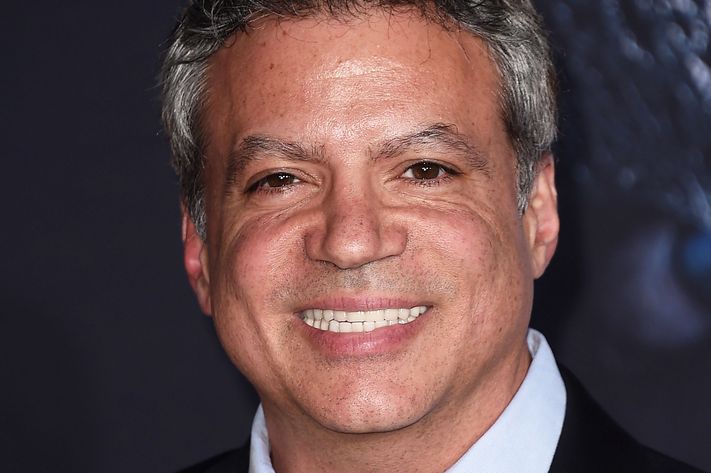
Gatekeeper: Michael DeLuca
Title: Founder, Michael DeLuca Productions; formerly the president of production at both New Line Cinema and DreamWorks
Notable Credits: The Social Network, Moneyball, Fifty Shades of Grey
The stories I most want to tell right now: “I love escapism, but what gets me really excited are true-life stories; movies like I did with [producers] Scott Rudin and Dana Brunetti — Social Network, Moneyball and films like Zero Dark Thirty, and Argo.”
The most annoying trend in screenwriting: “Slavish devotion to formula or anything too derivative or anything that’s riding the coattails of another movie’s success can be a little deflating, rather than taking four stabs at making originals; jury-rigging tentpoles as opposed to investing in originality and innovation.”
Proper grammar and spelling matter: “Not very much. By the time a script reaches me, it’s rare to run into grammar and spelling problems. But if I’m digging the script, I’ll forgive any number of typos. Those are easy to fix; fixing theme, plot, and character is not!”
The best first drafts I’ve ever read: “Boogie Nights by Paul Thomas Anderson and Aaron Sorkin’s The Social Network. They basically shot the scripts I read. That’s extremely rare.”
I don’t mind writers bending script format rules: “If it’s satisfying, all bets are off. Some of my favorite films have incredible voice-overs: Full Metal Jacket, Apocalypse Now, and Goodfellas. Then there are movies that are practically silent like 2001: A Space Odyssey; or really any script by Charlie Kaufman. I’m grateful for it all; it’s like a buffet.”
Existing IP works if: “It really depends. I’m working on a new version of Battlestar Galactica because I loved both TV series. I also read the comic. I’m full-on a fan. If you have a personal connection to something, or you think you have something to contribute to a new version, then have at it. But I don’t think that’s what we should do exclusively.”
My go-to way of telling someone I don’t like his or her script: “I usually say, ‘Great work, but it’s just not for me.’ If you’re a writer, getting a phone call back at all is a victory. We’re all up a shit creek if we don’t keep writers at least a tiny bit happy.”
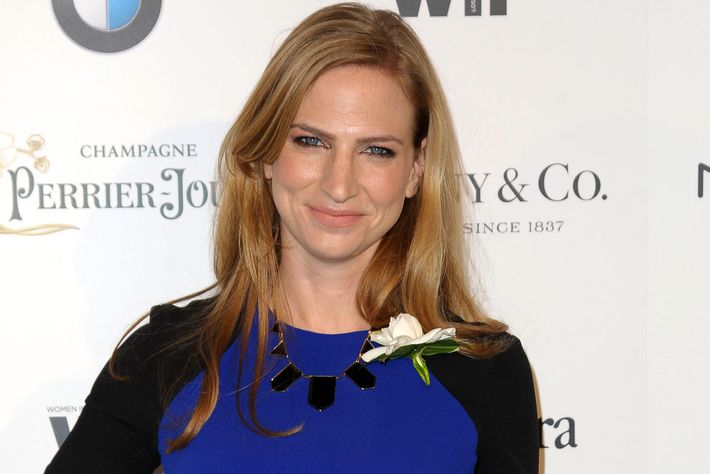
Gatekeeper: Helen Estabrook
Title: Producer, Right of Way Films/Estabrook Productions
Notable Credits: Up in the Air, Young Adult, Whiplash
Scripts that are most interesting to me right now: “Anything new and strange, as long as it’s intelligent and emotionally honest.”
Most annoying trends in screenwriting: “I am always annoyed when I read something that feels like it was just written to sell. It’s very obvious when someone has written something they actually believe in.”
The genre I’m most turned off by: “I would have a hard time signing onto a horror script, mostly because I think it’s the one genre that has done the best to both utilize and subvert the established tropes. I am just not nearly as well-versed in the canon to make a great horror film.”
The one thing a writer can do to make me want to throw a script across the room is: “Have terrible descriptions of female characters.”
When a script is more than 120 pages: “I’m already turned off if I’m looking at the page count.”
What I look for in a character: “I think a lot about E.M. Forster’s delineation of round and flat characters: A round character acts and speaks as a real person would, and increases in complexity throughout the story; they’re capable of contradiction and change, and we see their emotional and psychological development as the story progresses. I think a lot of unlikability for the audience is born out of flat characters.”
What I look for in an ending: “I used to talk with a colleague about the idea of the “parking lot ending” — the thing you’re debating, in an excited way, while you’re still in the parking lot of the theater. So, I want it all: satisfaction and more questions.”
What it’d take to get me to take a chance on the next Being John Malkovich or Pulp Fiction: “This is basically all I want to make. Send me these scripts, please!”
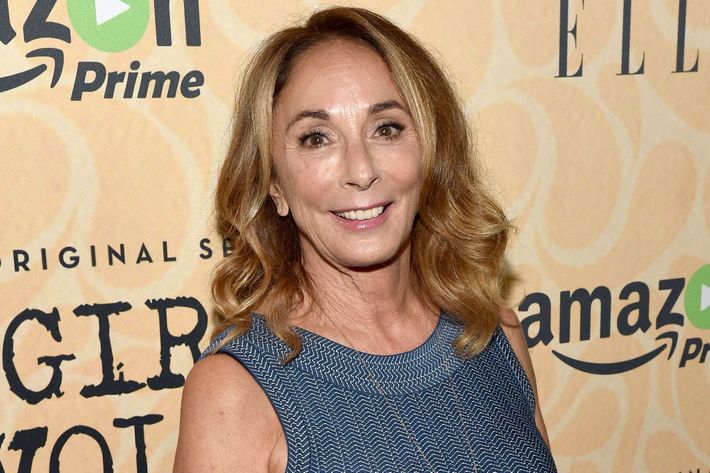
Gatekeeper: Lynda Obst
Title: Producer, Lynda Obst Productions
Notable Credits: Sleepless in Seattle, The Fisher King, Interstellar
The scripts most interesting to me right now: “Are stories that run perpendicular to the political narrative, but still shed light on it, and stories that reveal something moving and deep about character.”
Most annoying trends in screenwriting: “I loathe slasher movies and dystopian future scenarios — lazy, repetitive, and depressing. I also hate bad science in sci-fi when it’s easily correctable. The country is dumb enough without our cooperation. Also, making movies out of TV series. It shows a depressing lack of confidence in market, and an overreliance on marketing.”
Proper grammar and spelling matter: “I think a writer is suspect if a script isn’t spell-checked. I’m an ex-editor, so grammar is important except obviously in dialogue.”
The one thing a writer can do to make me want to throw a script across the room is: “Be full of clichés and mention the Kardashians.”
The best first draft I’ve ever read is: “Richard LaGravenese’s The Fisher King.”
What I look for in an ending is: “Relief and resolution of something, if not everything. It depends on the genre. But always remember that your test number is highly determined by the feeling at the end of the movie. I learned this working on Risky Business.”
Does what’s happening in the news affect what I want to read? “Not at all. Personally, I want to make nothing that reminds me of Trump.”
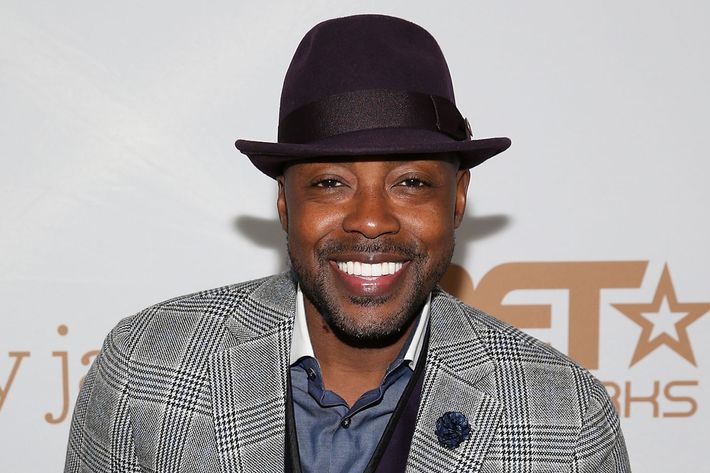
Gatekeeper: Will Packer
Title: Producer, Will Packer Productions
Notable Credits: Think Like a Man, Straight Outta Compton, Girls Trip
Scripts that are the most interesting to me right now: “Are those that authentically represent the perspective, lifestyles, cultures, struggles, and joys of real people. That’s why I think Girls Trip worked; it had nuances that other movies like it didn’t have. It gave women, regardless of ethnicity or background, an aspirational feeling of being free.”
The most annoying trend in screenwriting: “It’s less about a lack of creativity from the writer’s perspective than it is what financiers, studios, and distributors are pushing writers to write.”
I think about the potential diversity of a cast while I’m reading: “Quite a bit. The reason there’s been such a dearth of diversity in Hollywood is because a narrow group of writers have depicted their versions of reality. If I’m telling stories that truly reflect the world, I shouldn’t have to try to be diverse. Also, I’m not white; I didn’t come up in the Hollywood system. This helps me have a very different view of content creation. And I live in Atlanta — not Los Angeles — so I’m naturally around more so-called ‘real’ people, and that helps.”
What I look for in an ending: “Personally I like unexpectedness, but that’s not usually the commercially viable version of a ending. Unfortunately, we always want the protagonist to win, the underdog to overcome, and the lead character’s arc to be completed.”
My go-to way of telling someone I don’t like his or her script: “I try to respond as quickly as possible. I have a lot of respect for writers, so I treat them as such when I’m interacting with them, even if it’s saying, ‘I can’t move forward with your project.’ I have such an appreciation for how hard their job is.”




